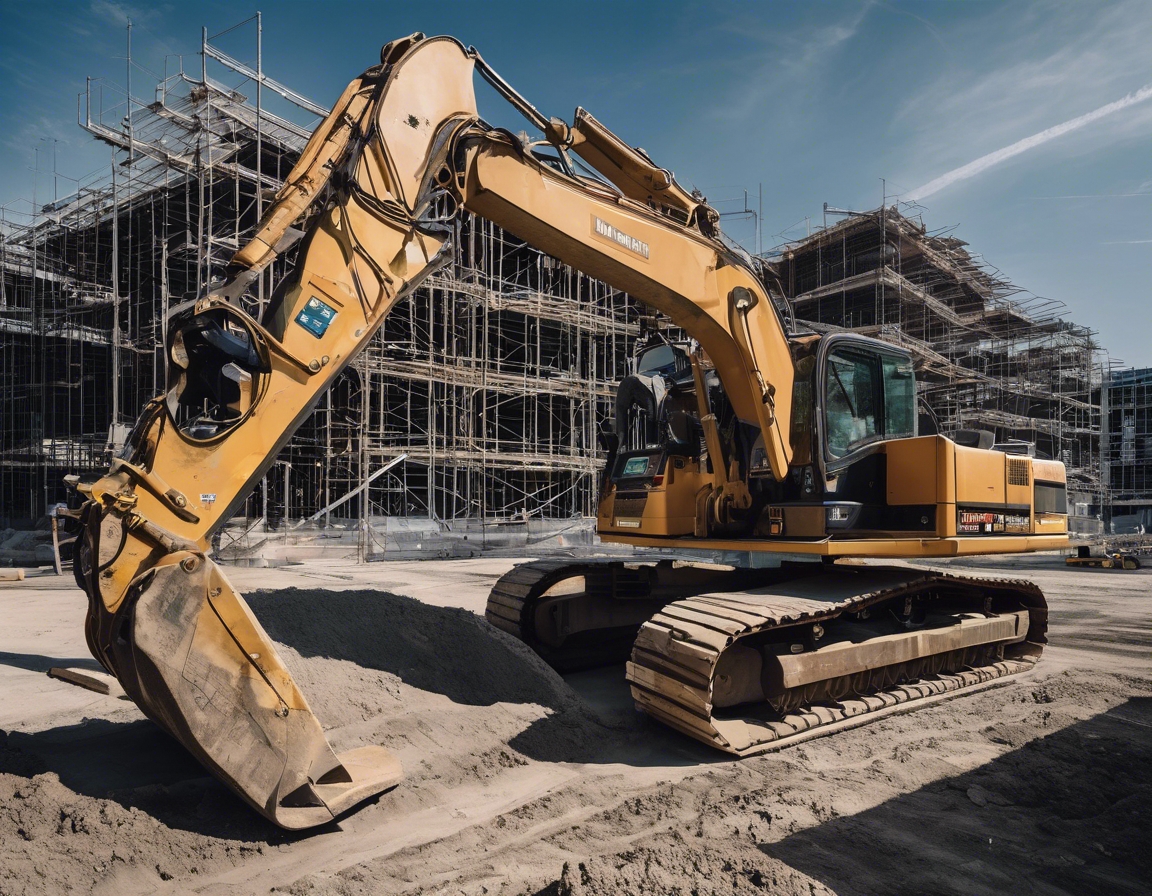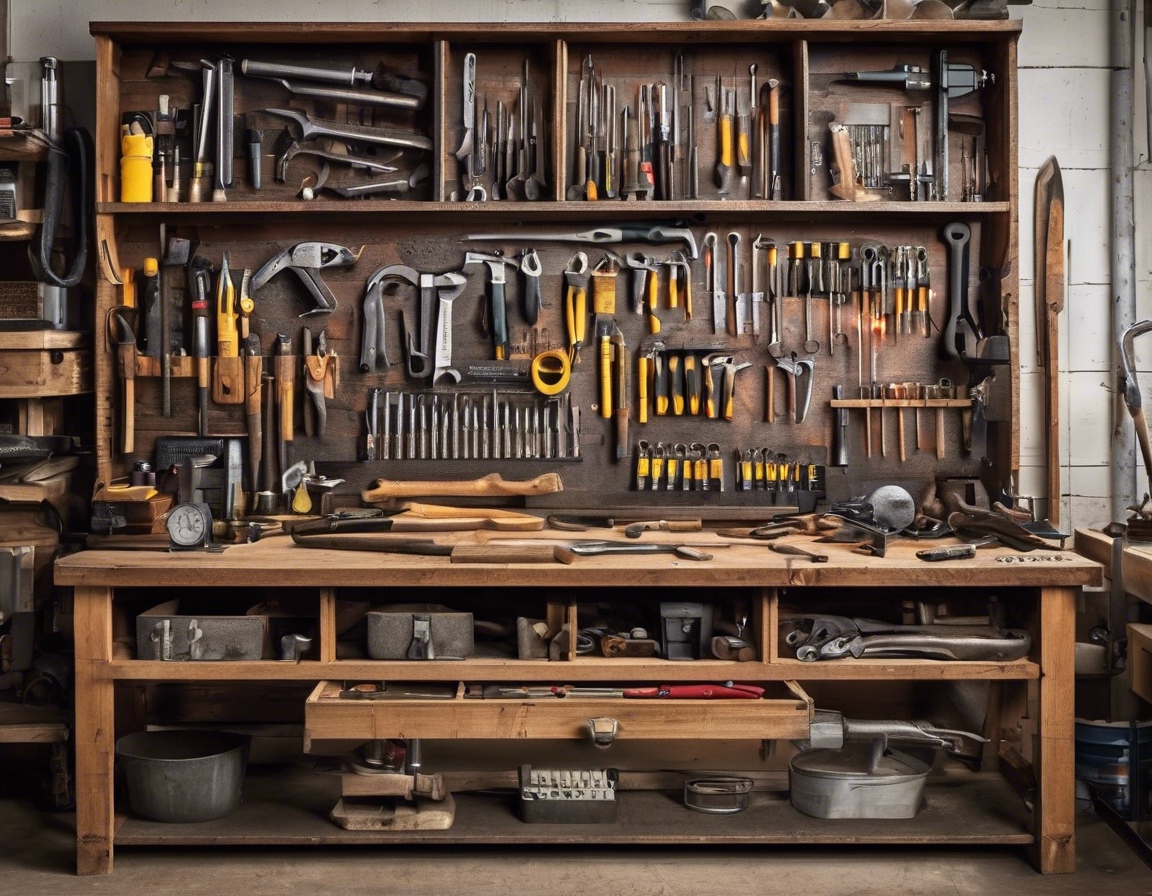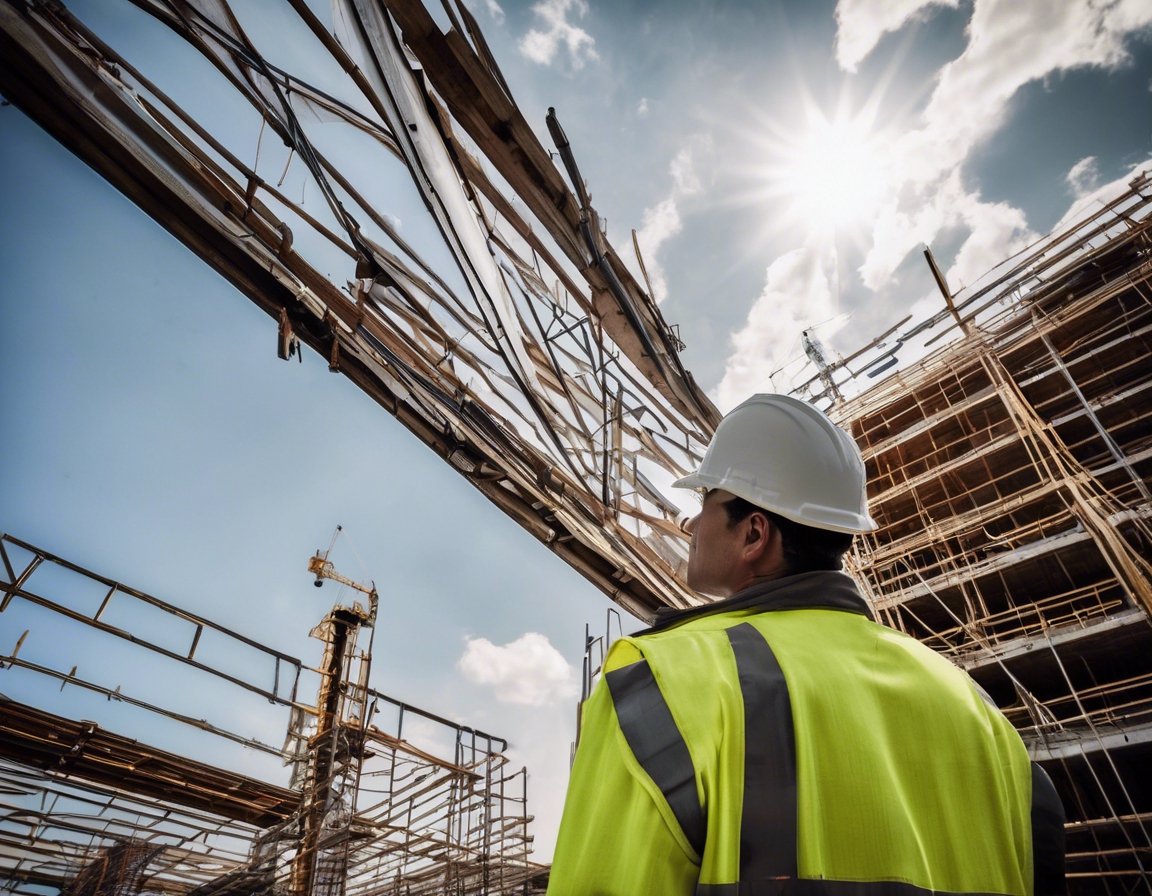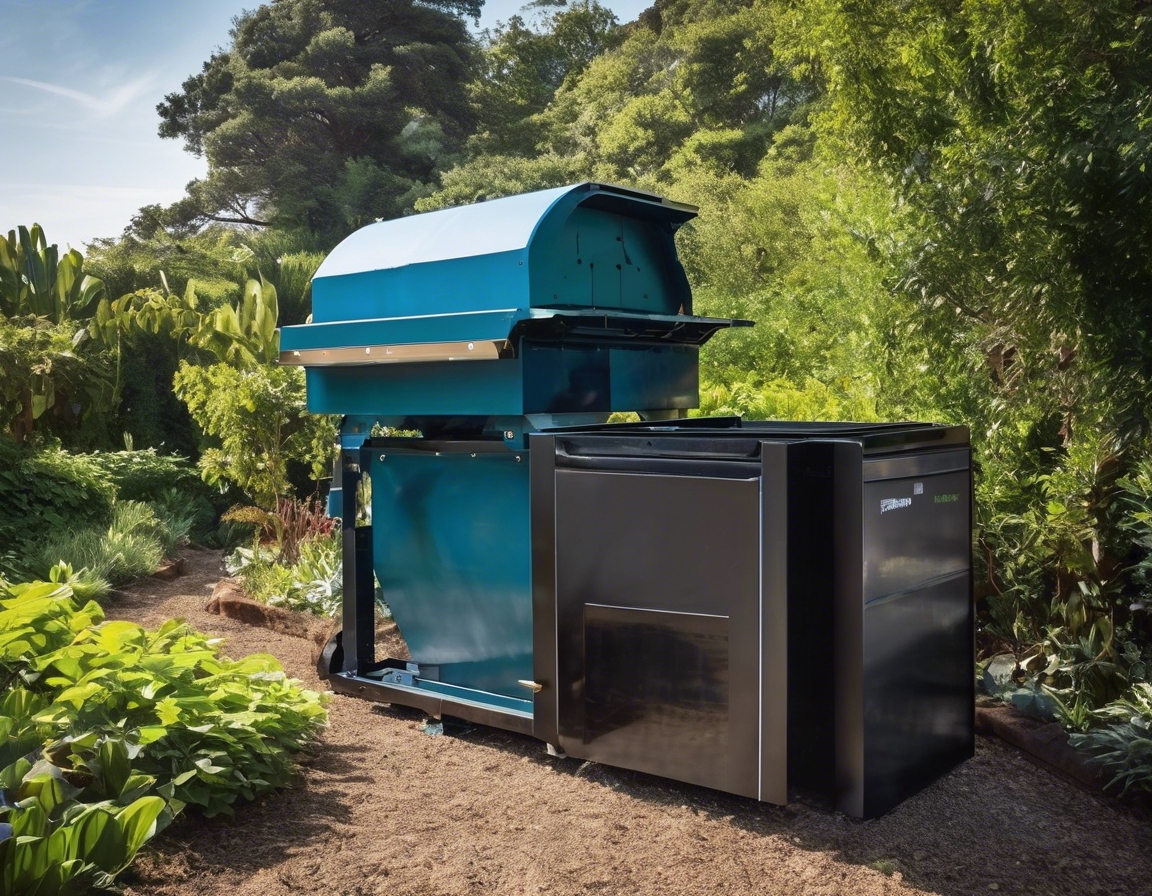How to choose the right construction machinery for your project
Before selecting construction machinery, it's crucial to understand the scope and scale of your project. This involves assessing the size of the project, the type of construction, and the expected timeline. A small residential project will have different machinery needs compared to a large commercial development.
Identify the specific tasks that need to be accomplished. This could range from excavation, lifting, and transporting materials to concrete mixing and paving. Each task may require different machinery, and understanding these requirements will guide your selection process.
Types of Construction Machinery
Earthmoving equipment is essential for tasks such as digging, grading, and moving large quantities of earth. This category includes excavators, bulldozers, and backhoes, each designed for specific functions.
For lifting and transporting materials, cranes, forklifts, and conveyors are indispensable. These machines help in efficiently moving materials around the construction site.
Dump trucks, loaders, and other construction vehicles are vital for transporting materials and equipment to and from the site. Choosing the right vehicles can significantly impact the efficiency of your operations.
Concrete mixers, pumps, and batching plants are crucial for projects involving concrete work. These machines ensure that concrete is mixed and delivered efficiently and effectively.
Evaluating Machinery Features
Consider the efficiency and performance of the machinery. High-performance machines can complete tasks faster and more efficiently, saving time and reducing labor costs.
With increasing emphasis on sustainability, it's important to choose machinery that minimizes environmental impact. Look for machines with low emissions and energy-efficient features.
Safety should be a top priority. Ensure that the machinery is equipped with the latest safety features to protect operators and workers on site.
Budget Considerations
While initial costs are important, consider the long-term investment. High-quality machinery may have a higher upfront cost but can offer better durability and lower maintenance costs over time.
Factor in the maintenance and operational costs of the machinery. Regular maintenance is essential to keep machines running efficiently and to extend their lifespan.
Supplier and Manufacturer Reputation
Choose suppliers and manufacturers with a strong reputation for quality and reliability. This ensures that you receive machinery that meets your expectations and project needs.
Consider the after-sales support and services offered by the supplier. Reliable support can help address any issues quickly and minimize downtime.
Technological Advancements
Modern construction machinery often includes smart technologies that enhance efficiency and productivity. Features such as GPS tracking, telematics, and automated controls can provide valuable insights and improve operations.
Automation and remote monitoring capabilities allow for better control and management of machinery, leading to increased efficiency and reduced operational costs.
Regulatory Compliance
Ensure that the machinery complies with local and international standards. This is crucial for legal compliance and to avoid potential fines or project delays.
Consider the environmental regulations in your area. Choosing machinery that meets these standards can help you avoid legal issues and contribute to sustainable practices.
Expert Consultation and Maintenance
Engage with experts who can provide guidance on selecting the right machinery for your project. Their insights can help you make informed decisions and optimize your operations.
Regular maintenance is essential to ensure that machinery operates at peak performance. This not only extends the lifespan of the equipment but also enhances safety and efficiency on site.








Comments (0)